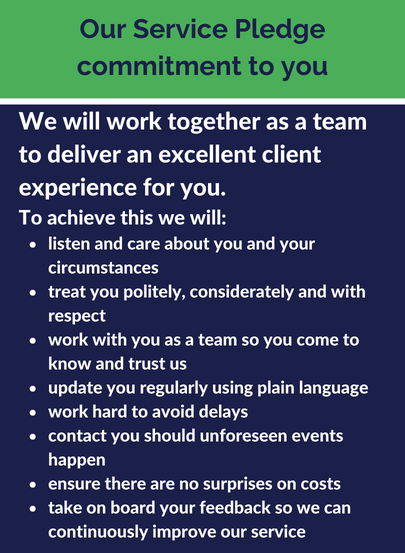A family business is a unique working environment and often feels more relaxed and informal than other businesses. But it’s important to be aware of all legal guidelines and regulations around business structures, personal liability, and tax inefficiencies.
Legal support from a family business lawyer ensures your company is protected and everything runs smoothly, leading to long and healthy business operations, and the retention of positive family relationships.
Structuring a family business
A legal structure in your family business is important to establish responsibilities, roles and frameworks for your business. Having the correct structure in place, instead of just relying on what’s gone before and tradition, is hugely important as it can significantly impact the management, governance and continuity of your family firm. There are a few options available when structuring a family business, but a Family Limited Partnership is one of the most common, as it allows for flexible estate planning.
Family Limited Partnership (FLP)
A Family Limited Partnership is a business structure commonly used by families to manage and protect their wealth. It provides asset protection and tax benefits, while minimising estate taxes and allowing you to transfer wealth across generations.
Under this structure, you can shift income among family members in lower tax brackets, making estate planning easier.
An FLP can be complex to set up, as it requires careful planning and legal knowledge. You must draft specific partnership agreements that comply with relevant laws and address the unique needs of the family and the business.
Roles within the FLP
Typically, these are family members in management roles in the business who are also liable for its debts. They often hold a larger percentage of the ownership and maintain control over business decisions.
These tend to be family members who contribute capital to the partnership without being involved in managing the business (‘passive investors’). Their liability is restricted to their investment in the FLP, meaning that in the event of debt or lawsuits they can only lose their contribution to the partnership and not their personal assets.
Handling a divorce within the family business
Legal support for family businesses ensures that, in the unfortunate event of a divorce, business interests are retained, and disputes are avoided or minimised. Here are the structures to establish:
Prenuptial and postnuptial agreements
Prenuptial and postnuptial agreements outline how business interests must be handled in the event of a divorce, protecting it from division or being sold off to settle disputes.
Buy-sell agreements
Buy-sell agreements safeguard the company by setting the terms under which business shares can change hands. In a divorce, it prevents shares being sold without the consent of the other partners.
Valuations
Valuations ensure that all partners have a clear and fair understanding of the business’s worth, preventing disputes over perceived inequalities.
Ownership Transfers
Ownership transfers clearly predefine what happens if the business changes hands, minimising disruption to business operation and clarifies the transition method.
Conflict Resolution Mechanics
Conflict resolution mechanics such as mediation and arbitration help to minimise and prevent disputes that may take place during a divorce, saving money on costly court battles, and preserving business and personal relationships.
Employing family members
Employment law applies to all forms of employment, including family members. This means you should:
- Treat family members the same as any other employee.
- Avoid any form of special treatment, including pay, promotion and working conditions.
- Follow tax and National Insurance rules, ensuring they are paid correctly.
- Follow working hour regulations for young family members (also requires liability insurance to cover young family members).
- Provide health and safety for family employees.
- Follow the same disciplinary rules for family members.
- Follow the Equality Act 2010, prohibiting discrimination based on age, gender, race, religion and other. Family members can’t be treated less or more favourably than any other potential employee.
It is advisable to have employment contracts in place outlining the terms and conditions of employment. This sets professional boundaries and clarifies expectations, which is key to avoiding misunderstandings and disputes. It should include:
- Job descriptions
- Working hours
- Salary
- Entitlements
What is a Family Business Agreement?
A family business agreement establishes a blueprint for managing and operating the business and family wealth. It is non-legally binding but sets out goals, structure, policies, protocols and goals, minimising the risk of future conflict and family business legal issues.
Succession planning for family-owned businesses
In the unfortunate event of a loss or impairment of a family member in control of the business, succession planning ensures a smooth transition, operational resumption, and that your inheritance estate planning is protected.
How Crombie Wilkinson can help with your family business
At Crombie Wilkinson, we have specialist experts in legal support for family businesses in our offices in York, Selby, Malton and Pickering.
Our knowledge also covers commercial leases, property, employment law, and other relevant areas that we use to ensure your family business structures, agreements, and succession plans are established thoroughly and compliantly so that you can focus on value-added elements of running your business.
Talk to Ian Barnard, Director and Head of the Company Law Team or call us on:
- York: 01904 624185
- Selby: 01757 708957
- Malton: 01653 600070
- Pickering: 01751 472121
to discuss your family business legal requirements.




















